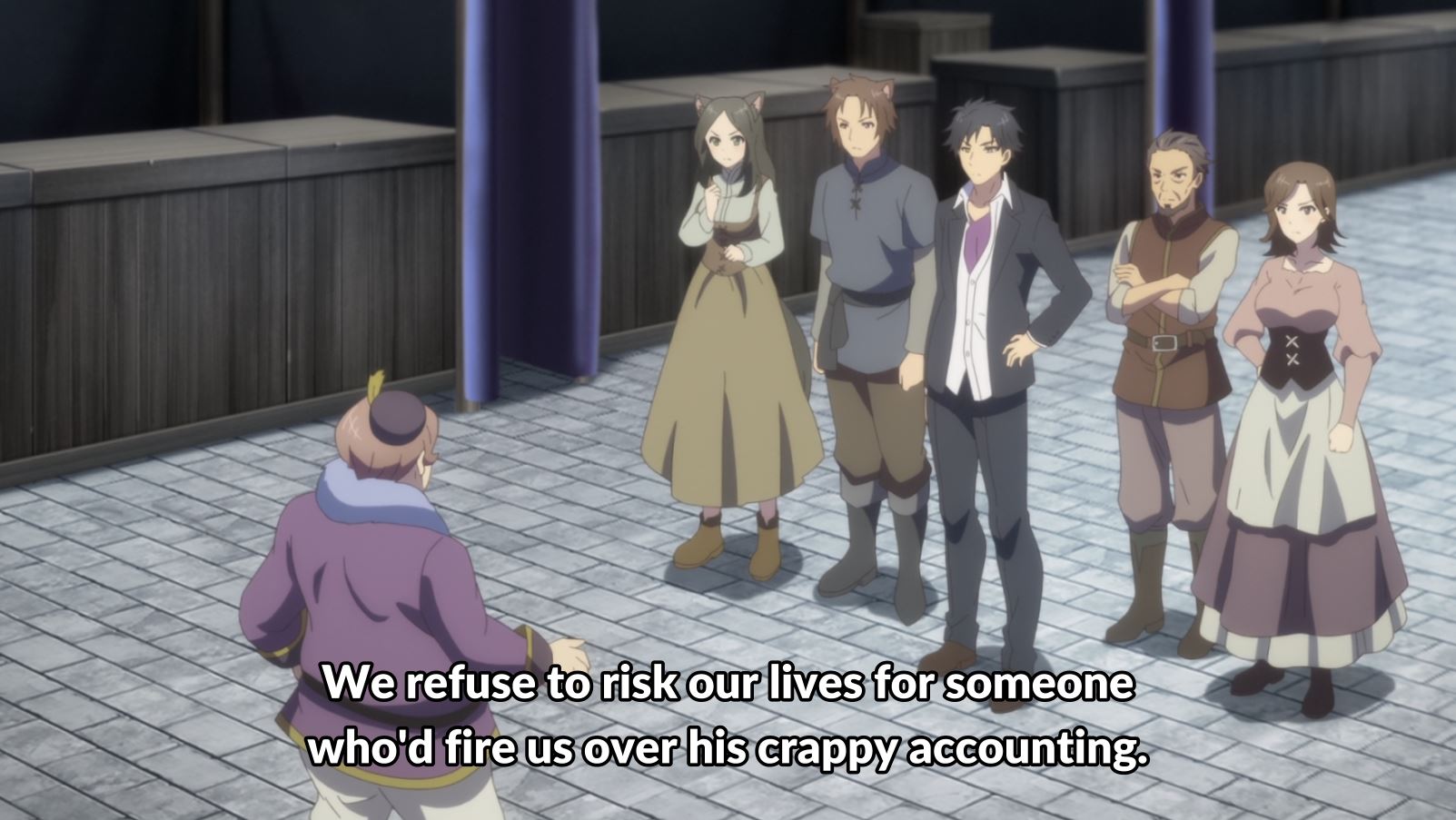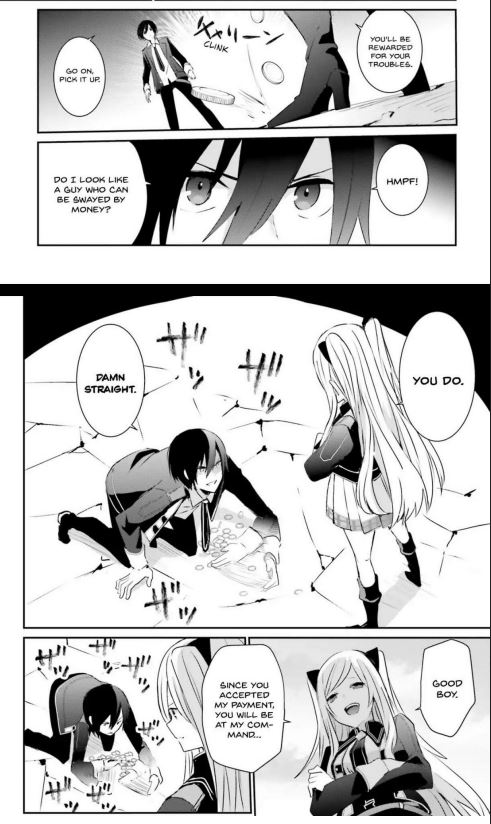China just played Singapore in one of the World Cup Qualifiers in Singapore, and the result was a 2-2 draw. This resulted in many shocking responses. First off, citizens of both countries do not have high hopes for their soccer team. However, it was also expected that China, with their 1.4 billion citizen population, would have scored a win against a 3.6 million citizen population Singapore. The 2-2 draw was such a humiliation for the Chinese team that their captain has said that he would quit the national team.
There are a few reasons for that. Firstly, the Singaporean team consisted of a few part-timers, with the captain being a full-time property agent and the goalkeeper being a food stall owner. Secondly, this is the month of Ramadhan, and most of the players are Malay Muslims who fast during the day for religious obligations, meaning they did not eat or drink for one whole day before playing the Chinese team. These are the 2 main reasons among other smaller ones on why the results of the match is especially humiliating to the Chinese. Chinese fans who paid to watch the match live could not stomach the apparent ‘loss’.

Today’s article will not go too deep into the soccer match, but will be using this match and the background behind the soccer teams to illustrate the importance of talent management. China excels in many sports – from table tennis to badminton, from diving to gymnastics. However even with such a big population, they are unable to decently assemble an 11-man team. Nobody expects them to play like Argentina or Brazil, nor to have the performance level of Portugal or Germany, but it should not be too much to expect them to be on the level of South Korea or Japan or even slightly below that.
Match-Fixing
However China is plagued by match-fixing. Just recently in 23 February 2024, Chinese footballer and coach Li Tie was sentenced to life imprisonment for corruption and match-fixing. However, he is but the sacrificial lamb along with a few other officials. The real bosses behind the scenes were not caught. All these investigations were but a show, with the authorities having no interest to stamp out the problem for good. Match-fixing means to decide who wins or who lose, for the benefit of those behind the scenes, without regards for the merits or capabilities of the individual or the team. It thwarts the very ideal of meritocracy and the spirit of sports. Yet, if we scale it down to the everyday workplace, we can also see this all the time.
Favourites get promoted, whether they deserve the promotion or not. When the favourites get promoted easily, they do not work as hard as they should, but focus on the deals which will please the bosses, whatever such deals involve. For the rest of the farmers who had to grind through work, seeing such a thing happening de-motivates them. Slowly but surely, they will either jump to another company or simply cruise through with minimal effort, for they know they will never be recognised under such a system.
Or in organisations and companies where promotion is time-based and hierarchy is dependent on seniority rather than capability, employees simply get the feeling that there is no need to work hard. As long as they do not make mistakes, they will be promoted in due time. Such companies usually take advantage of new and young employees who are naive, full of energy and ready to work hard to carve out a world for themselves. Bosses will tell them their hard work will be rewarded appropriately, except that the rewards either never comes or are grossly insufficient. In time, staff will realise all these are but a scam and gradually lose motivation to work hard. The game has already been fixed right from the start. A commoner will never become an aristocrat.

While it may be difficult to be absolutely impartial at all times, a leader or manager should take efforts to ensure that as far as possible, impartiality and meritocracy is enforced. Only when people see hope of progress, will they work hard. The Chinese soccer team has already lie flat and no longer has any motivation to do well. Even when faced with international competition where they have to go all out, their lack of fight on a daily basis has resulted in incompetency and the inability to perform when needed.
Toxic Cultures
For Singapore, many footballers are not full-time players. The salary is not high enough nor the runway long enough for many to commit playing full-time. Singapore has its fair share of problems too regarding the management of the soccer scene, which I will not discuss today. Singapore’s soccer used to be better, and we had a culture of playing soccer. The kids in the 90s and even earlier would play in the open fields. As the fields slowly made way for new developments in the land scarce Singapore, children also played in the void decks (the open spaces on the ground floor of a residential block) of the many HDBs (public housing) across Singapore.
Then came the ban of playing soccer under void decks. Self-entitled Singaporeans were also intolerant of the kids playing below the blocks, claiming such activities cause potential danger to the passers-by. With the ban and the snide remarks from the many Karens, slowly but surely, kids no longer have as much free space to play soccer. When such things happen, eventually the culture of playing soccer fades away and people are no longer interested in it, much less grooming talents.
We consider countries like Argentina and Brazil, where the kids play soccer everywhere for fun. Through these, talents get to flourish and they can get recruited into more serious trainings. One does not simply create an isolated bubble and then throw in what you like and expect the training mechanism to generate power players. Similarly, in a company, a toxic culture will not promote a flourishing workspace. When employees are scared to make mistakes or not empowered to make decisions, where politics are rife and PowerPoint presentations score more points than doing actual work, the company cannot prosper.

In talent management, it is critical that the boss set the right culture. Don’t just sit in an air-conditioned office looking at fanciful PowerPoint presentations which has been faked out by the many layers of staff before reaching you. Don’t make decisions without truly going to the ground to understand what the impact is. Create the right environment, and the environment will create high performing staff for you.
The Renumeration And Staff Treatment
Money brings motivation. The more money you throw at a staff, the more shit he is willing to endure, and the more he is willing to get the job done. I am not saying we should pay soccer players $100k a week. But when one pays the soccer players so little that they have to get another full-time job to fulfill their responsibilities, then one should expect the outcome will be nowhere as good as a full-time professional player. The priorities, the skill levels, the amount of training, the opportunities given are just different.
In many companies, bosses simply do not show appreciation to their staff. Instead of holding on to good staff, they will squeeze the staff dry, pushing the staff to resign, then spend more money to recruit a new hire who does not perform as well as the previous one who left. Such nonsensical decision making is retarded in nature, yet many companies and organisations operate on such a basis. When staff see that the company does not cherish good workers, people simply lose hope. They stay on not because they are loyal to the company, but simply because they do not have a better place to go to. But just because they stay on does not mean they will perform well.

Conclusion
For those of us aiming for financial freedom, chances are many of us would be in a leadership position in our career. We may not be a general manager of a big company but a small team leader or even a small-time boss of our own business. Regardless of our position, if we ever manage at least a small team, then we should take note of what motivates a team and what will help the team do well. That is our core responsibilities as a leader.
When you create a good team you will have a team that will fight for you and push you to greater heights.
Latest update: China scored 4-1 against Singapore in the second match in China. While the second penalty goal was very questionable decision from the referee, the third goal was legitimate. Singapore had given up at the 4th goal. All in all, China won. Though that does not affect the above article.
Showing 1 - 3 out of 3
Page 1 out of 1
| - | Shop Products | Price | |
|---|---|---|---|
|
|
$99,999.00
|
||
|
|
$1.00
|
||
|
|
Price range: $69.00 through $99.00
|


